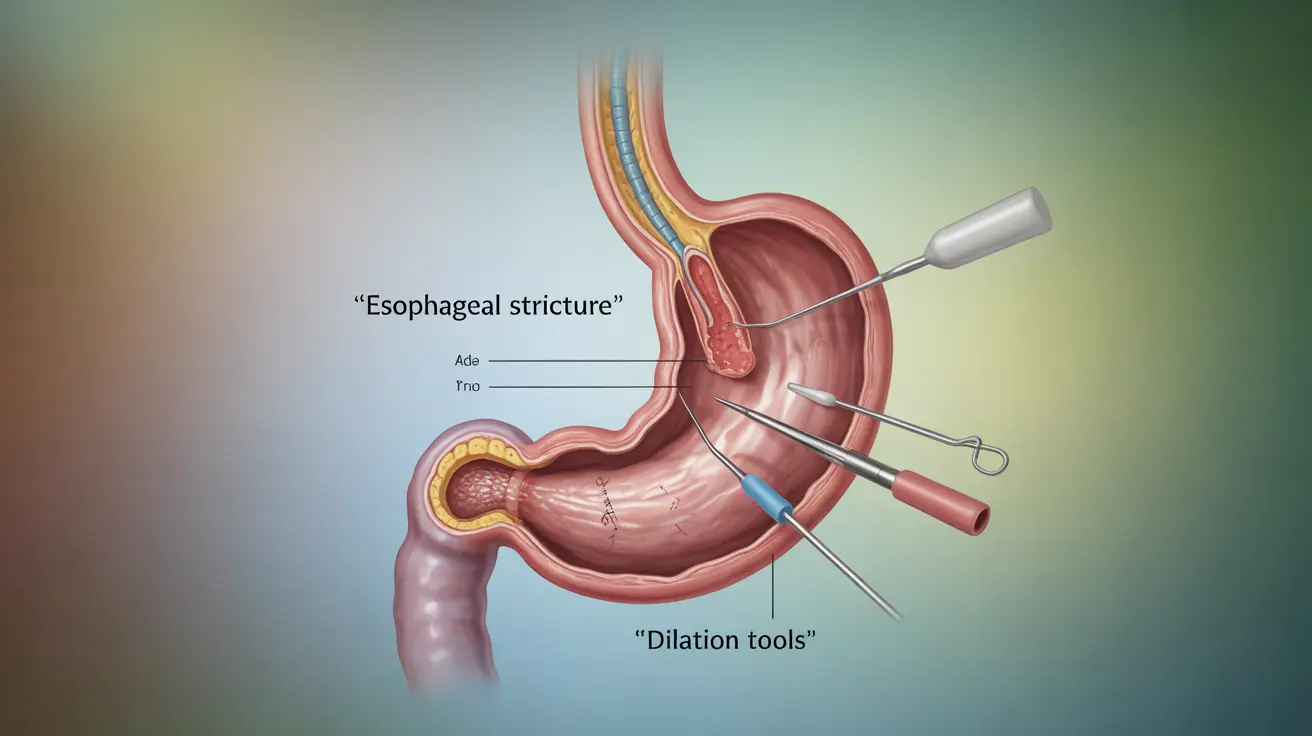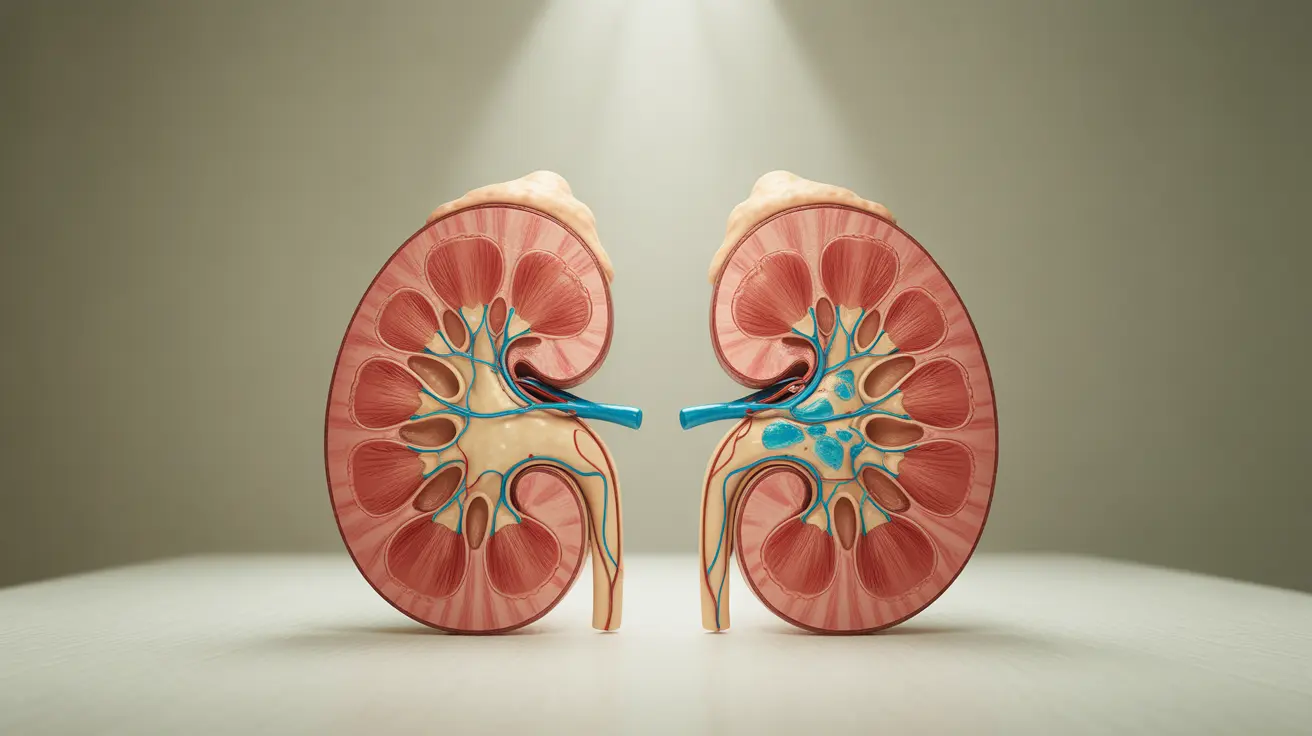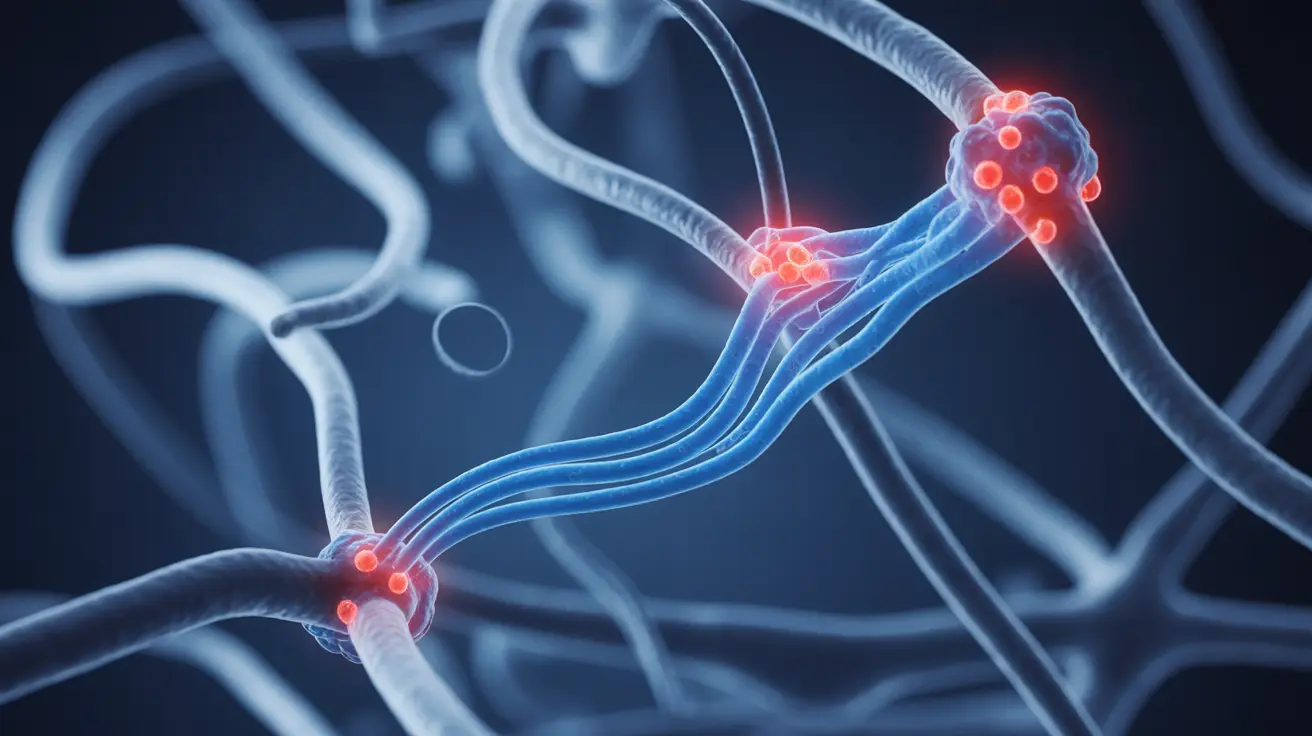Living with Polycystic Ovary Syndrome (PCOS) can be challenging enough on its own, but many women also experience anxiety as a significant companion to this hormonal condition. Understanding the connection between PCOS and anxiety is crucial for developing effective management strategies and improving overall quality of life.
This comprehensive guide explores the relationship between PCOS and anxiety, offering insights into symptoms, treatment options, and practical ways to manage both conditions simultaneously.
The PCOS-Anxiety Connection
Research has shown a strong correlation between PCOS and increased rates of anxiety. The complex interplay between hormonal imbalances, physical symptoms, and life impacts of PCOS can significantly affect mental health, creating a cycle that requires careful attention and management.
Understanding the Symptoms
Physical Manifestations
Women with PCOS-related anxiety often experience physical symptoms such as:
- Rapid heartbeat
- Sweating
- Trembling
- Difficulty sleeping
- Digestive issues
- Muscle tension
Emotional and Mental Symptoms
The emotional aspects of PCOS-related anxiety can include:
- Persistent worry about health and PCOS symptoms
- Social anxiety related to appearance concerns
- Panic attacks
- Racing thoughts
- Difficulty concentrating
- Mood swings
Treatment Approaches
Medical Interventions
Several medical treatments can help manage both PCOS and anxiety:
- Hormonal medications to regulate PCOS symptoms
- Anti-anxiety medications when appropriate
- Regular monitoring of hormone levels
- Collaboration between endocrinologists and mental health professionals
Therapeutic Support
Cognitive Behavioral Therapy (CBT) has shown particular promise in helping women manage PCOS-related anxiety. This approach helps identify negative thought patterns and develop healthy coping mechanisms.
Lifestyle Management Strategies
Physical Activity
Regular exercise can help manage both PCOS symptoms and anxiety by:
- Reducing stress hormones
- Improving insulin sensitivity
- Boosting mood-enhancing endorphins
- Supporting weight management
- Promoting better sleep quality
Nutrition and Diet
A balanced diet can significantly impact both conditions through:
- Blood sugar regulation
- Hormone balance support
- Anti-inflammatory food choices
- Adequate vitamin and mineral intake
Stress Management
Implementing stress-reduction techniques such as:
- Mindfulness meditation
- Deep breathing exercises
- Yoga
- Regular sleep schedule
- Time management strategies
Frequently Asked Questions
What are the common symptoms of anxiety in women with PCOS?
Common anxiety symptoms in women with PCOS include persistent worry, racing thoughts, physical tension, sleep disturbances, and panic attacks. These symptoms often intensify during hormone fluctuations and may be accompanied by PCOS-specific concerns about fertility, appearance, and long-term health.
How can lifestyle changes help manage PCOS-related anxiety and depression?
Lifestyle modifications such as regular exercise, balanced nutrition, adequate sleep, and stress management techniques can significantly improve both PCOS and anxiety symptoms. These changes help regulate hormones, reduce inflammation, and promote better mental health outcomes.
What are the most effective treatments for anxiety in patients with PCOS?
The most effective treatments typically combine medical management of PCOS symptoms with targeted mental health interventions. This may include hormonal treatments, anti-anxiety medications when necessary, cognitive behavioral therapy, and lifestyle modifications.
Is there a link between hormonal imbalances in PCOS and increased anxiety?
Yes, research indicates that the hormonal imbalances characteristic of PCOS, particularly elevated androgens and insulin resistance, can contribute to increased anxiety levels. These hormonal fluctuations can affect neurotransmitter function and mood regulation.
How can cognitive behavioral therapy (CBT) help reduce anxiety symptoms in people with PCOS?
CBT helps individuals with PCOS identify and challenge negative thought patterns, develop healthy coping mechanisms, and build resilience. It provides practical tools for managing anxiety triggers, improving self-image, and developing effective stress management strategies specific to PCOS-related concerns.




